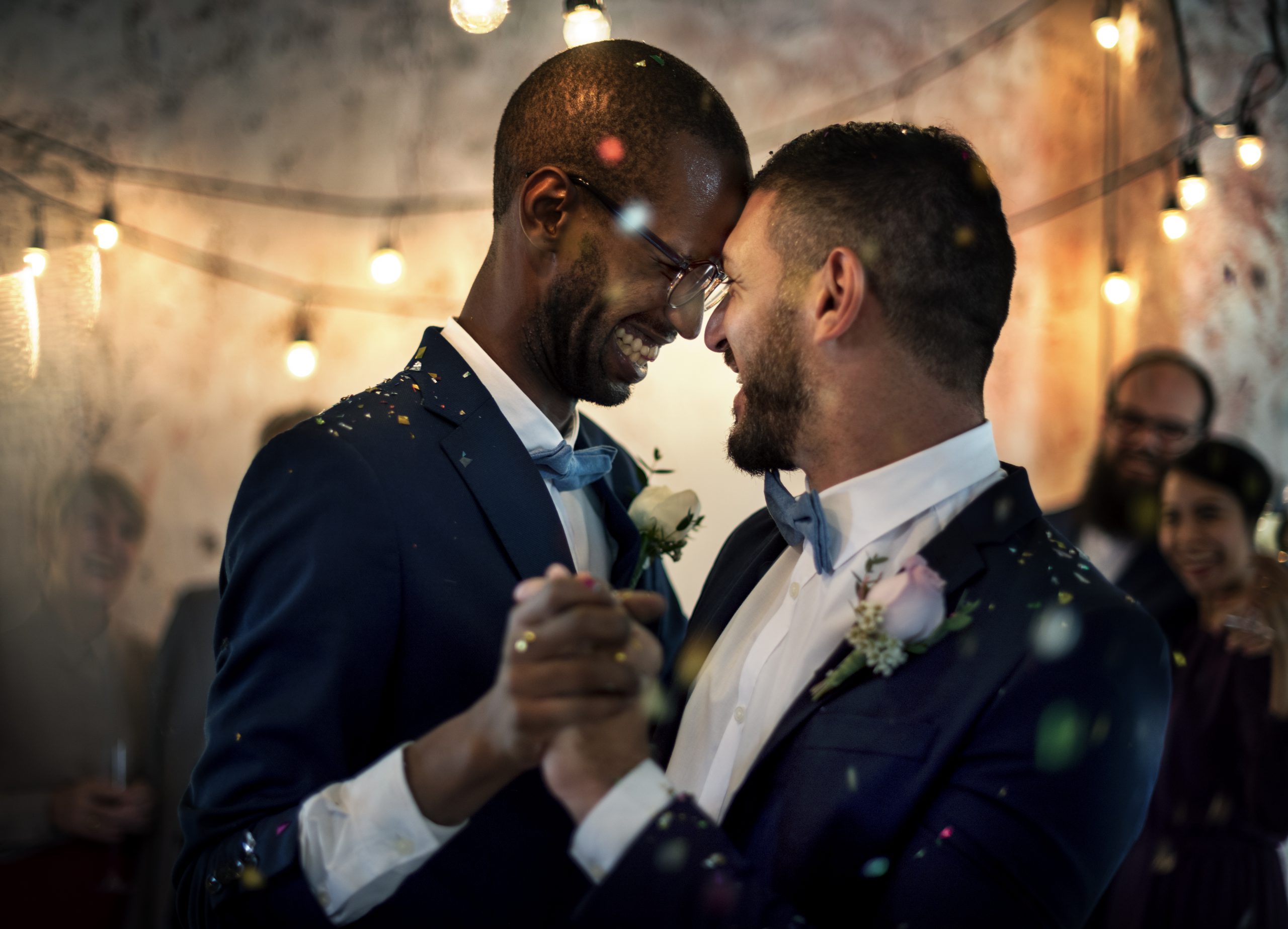Being gay means that a person is attracted romantically and/or sexually to people of the same gender. There is a wide range of diversity within the LGBTQ+ (lesbian, gay, bisexual, transgender, and queer/questioning) community, and every person’s experience is unique.
It is important to remember that being gay is not a choice and is not something that a person can change. LGBTQ+ people have always existed and have made significant contributions to society in all areas of life.
Being gay is not a mental disorder, and seeking to change a person’s sexual orientation or gender identity through so-called “conversion therapy” is not only ineffective, but it can also be harmful and cause significant psychological distress.
It is important for all people, including those who identify as LGBTQ+, to be treated with respect and acceptance. There are laws in place in many countries to protect the rights of LGBTQ+ people and to ensure that they are not discriminated against because of their sexual orientation or gender identity.
In many countries, LGBTQ+ people have the legal right to get married and have their relationships recognized as equal to those of heterosexual couples. Marriage equality laws have been passed in many countries around the world, allowing same-sex couples to marry and have the same rights and protections as heterosexual couples.
However, it is important to note that there are still some countries where LGBTQ+ people do not have the legal right to marry or have their relationships recognized. In these countries, LGBTQ+ people may face discrimination, stigma, and even violence because of their sexual orientation or gender identity.
It is important for all people, including LGBTQ+ people, to be treated with respect and equality under the law. Marriage equality is a fundamental human right and should be recognized and protected for all people, regardless of their sexual orientation or gender identity.
LGBTQ+ people, like all people, are entitled to the same rights and protections under the law. This includes the right to live free from discrimination, violence, and oppression based on their sexual orientation or gender identity.
Some specific rights that LGBTQ+ people may be protected under include:
- The right to equality and non-discrimination: LGBTQ+ people should be treated equally under the law and should not be discriminated against because of their sexual orientation or gender identity.
- The right to privacy: LGBTQ+ people have the right to privacy and to keep their sexual orientation and gender identity private if they choose to do so.
- The right to freedom of expression: LGBTQ+ people have the right to express their sexual orientation and gender identity and to be open about their relationships without fear of persecution.
- The right to freedom of assembly: LGBTQ+ people have the right to gather together and to express their identity and to advocate for their rights.
- The right to freedom from violence: LGBTQ+ people have the right to live free from violence, harassment, and abuse based on their sexual orientation or gender identity.
It is important for all people, including LGBTQ+ people, to be treated with respect and dignity and to have their rights protected.
Here are some tips for how to show respect to LGBTQ+ people:
- Use their preferred pronouns and names: It is important to use the pronouns and names that a person prefers, even if they differ from the pronouns or names you might normally use. If you are unsure what pronouns or names to use, it is okay to ask.
- Don’t make assumptions about someone’s identity or experiences: LGBTQ+ people come from a variety of backgrounds and have a wide range of experiences. Don’t make assumptions about someone’s identity or experiences based on stereotypes or your own assumptions.
- Don’t ask inappropriate questions: Avoid asking personal questions about someone’s sexual orientation or gender identity unless you have a close relationship with the person and they are comfortable discussing these topics with you.
- Respect boundaries: If someone does not want to talk about their sexual orientation or gender identity, it is important to respect their boundaries and not push them to disclose personal information.
- Use inclusive language: Make an effort to use inclusive language that does not exclude or stigmatize LGBTQ+ people. For example, use the term “partner” rather than “husband” or “wife” when referring to someone’s significant other.
By following these tips, you can show respect and support for LGBTQ+ people and create an inclusive and welcoming environment.




